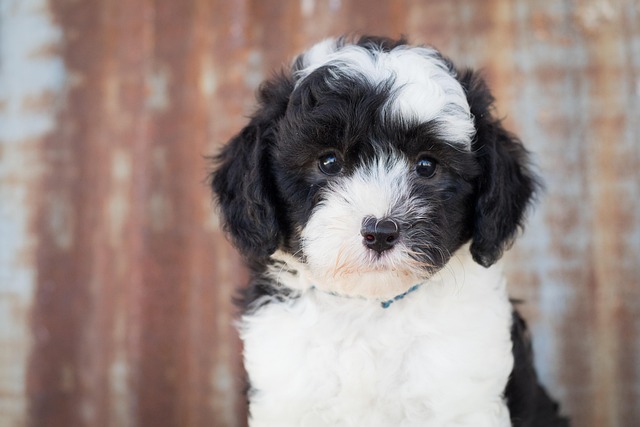
What is the number one cause of dog allergies
Imagine you’re in your Chicago apartment, sitting on the floor with your 9-month-old Golden Retriever, Max. He’s been licking his paws so much they’re red, and when you brush his belly
Imagine you’re in your Chicago apartment, helping your 10-year-old Labrador, Max, slowly climb onto the couch—his joints creak a little these days, and he naps more than he chases his favorite ball. When you get a reminder from your vet to bring him in for vaccines, you hesitate: Is vaccinating an old dog safe? Won’t it stress his body out? If you’re a new US dog owner with a senior pup, this worry is totally normal. But the answer isn’t a simple “yes” or “no”—it’s about balancing his health needs with safety, and staying on the right side of US pet laws.
First, let’s break down the science. Senior dogs (usually 7+ years old, depending on breed) have weaker immune systems than puppies or adults, but that doesn’t mean they don’t need vaccines—they just need smarter ones. Core vaccines (like rabies and distemper) are still non-negotiable: rabies is deadly and required by law in every US state, and distemper can spread even to apartment dogs (via contaminated shoes or dog park gear). My vet friend in Austin had a 12-year-old Beagle patient whose owner skipped vaccines—he caught parvovirus from a neighbor’s puppy, and recovery was tough. That said, non-core vaccines (like for kennel cough) might be adjusted: if Max only goes for slow walks around your building and never stays in boarding, your vet may suggest longer intervals between shots to reduce stress. It’s about “risk vs. benefit”—vets tailor plans to your dog’s lifestyle.
So what’s the step-by-step to get it right? Start with a pre-vaccine checkup. Before any shots, ask your vet to do a full exam—blood work, joint checks, even a dental look—to make sure Max’s organs can handle the vaccine. For apartment dogs, mention his routine: “He only walks 10 minutes twice a day and never meets other dogs.” This helps your vet decide which non-core vaccines to skip. On vaccine day, bring a tiny treat (freeze-dried chicken works!) to reward him for calm behavior—positive reinforcement keeps the visit low-stress. Afterward, let him rest on his soft bed (no long walks!) and watch for 24 hours: mild sleepiness is normal, but if he vomits or limps, call your vet. For senior pups, consistency matters—mark vaccine dates in your phone so you never miss a core shot.

Now, let’s tie in US rules and culture. First, compliance: Every state mandates rabies vaccines, even for old dogs—California fines up to $500 for unvaccinated pets, and Texas requires proof of rabies to renew dog licenses. Skipping shots also means you can’t take Max to dog parks (Chicago bans unvaccinated dogs) or even some groomers. Second, community manners: When you walk Max after his vaccine (short, slow trips!), always bring poop bags—Seattle fines $250 for uncollected waste, regardless of his age. And a key cultural note: Never rush or scold an old dog during vet visits. Max’s joints hurt, so don’t pull him to “hurry up”—US dog culture prioritizes kindness over speed. If he’s nervous, take breaks—your vet will appreciate the patience, and Max will trust you more.
At the end of the day, vaccinating an old dog isn’t about “forcing” shots—it’s about protecting the pup who’s given you years of love. With a vet’s tailored plan, you’ll keep him safe, stay legal, and let him enjoy his golden years (naps on the couch included).

Imagine you’re in your Chicago apartment, sitting on the floor with your 9-month-old Golden Retriever, Max. He’s been licking his paws so much they’re red, and when you brush his belly

Imagine you’re in your Chicago apartment, sitting on the floor with your 10-month-old Poodle, Luna, after a walk. You run your fingers through her fur and freeze

Hip dysplasia isn’t just a senior dog issue—breeds like Labradors and German Shepherds often show signs as early as 6 months, with stiffness after naps or reluctance to climb stairs.

Imagine you’re in your Austin apartment, folding laundry while your 8-month-old Beagle, Lucy, curls at your feet. She’s been licking her paws nonstop lately

Imagine you’re in your Chicago apartment, kneeling down to give your 18-month-old French Bulldog, Lola, a belly rub—her favorite part of the evening.

Imagine you’re in your New York City apartment, sitting on the floor with your 10-year-old Corgi, Bella—she’s curled against your leg, slower to stand up than she was a year ago